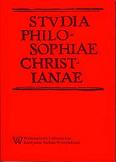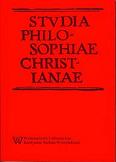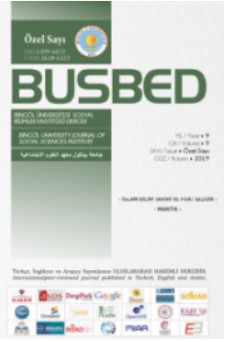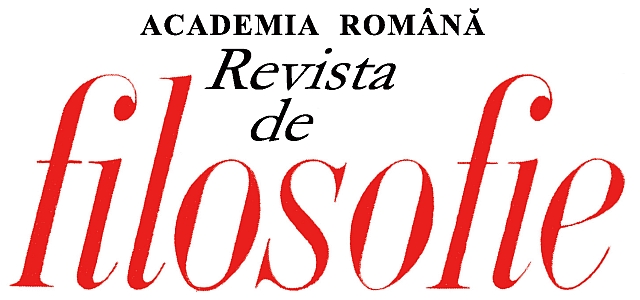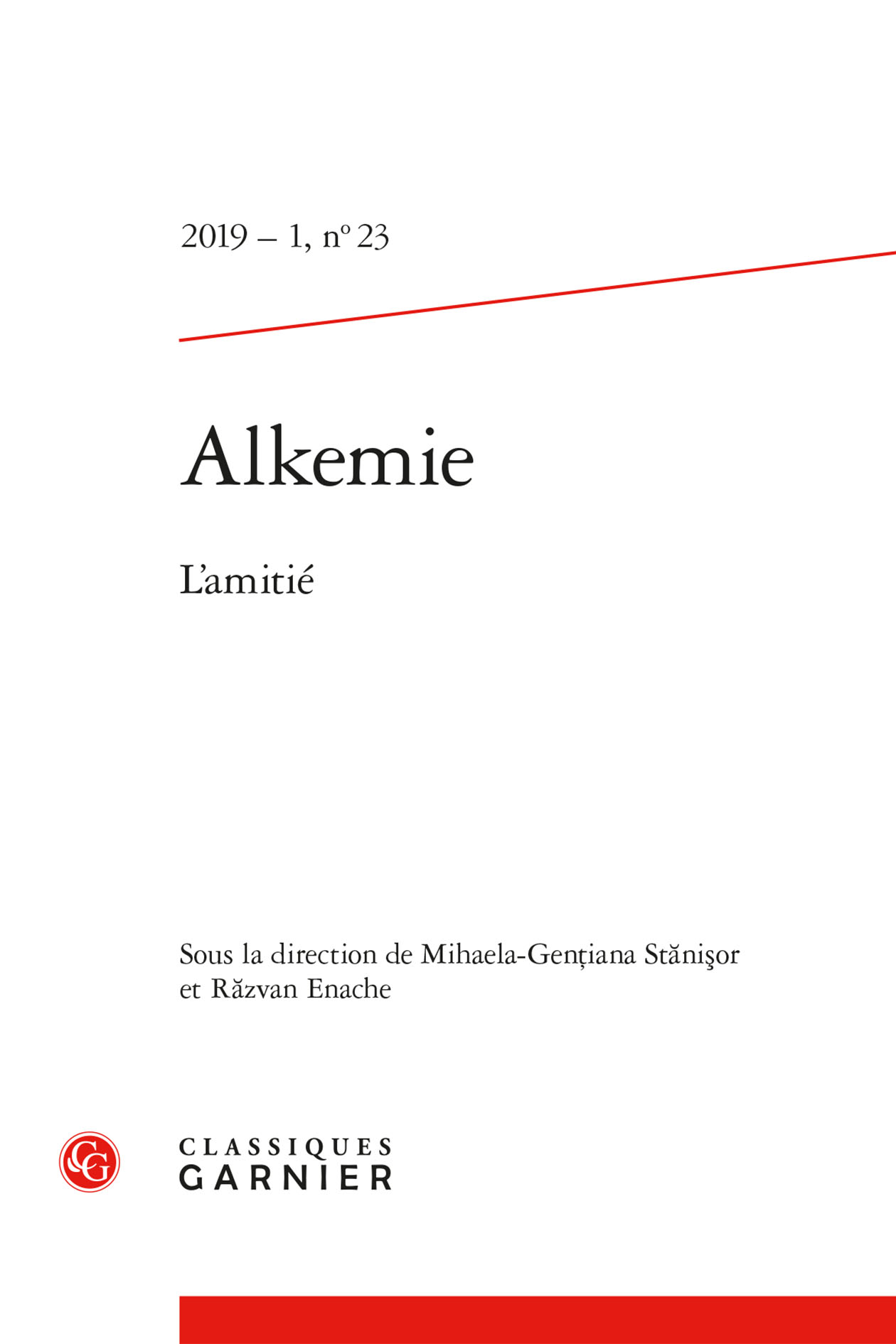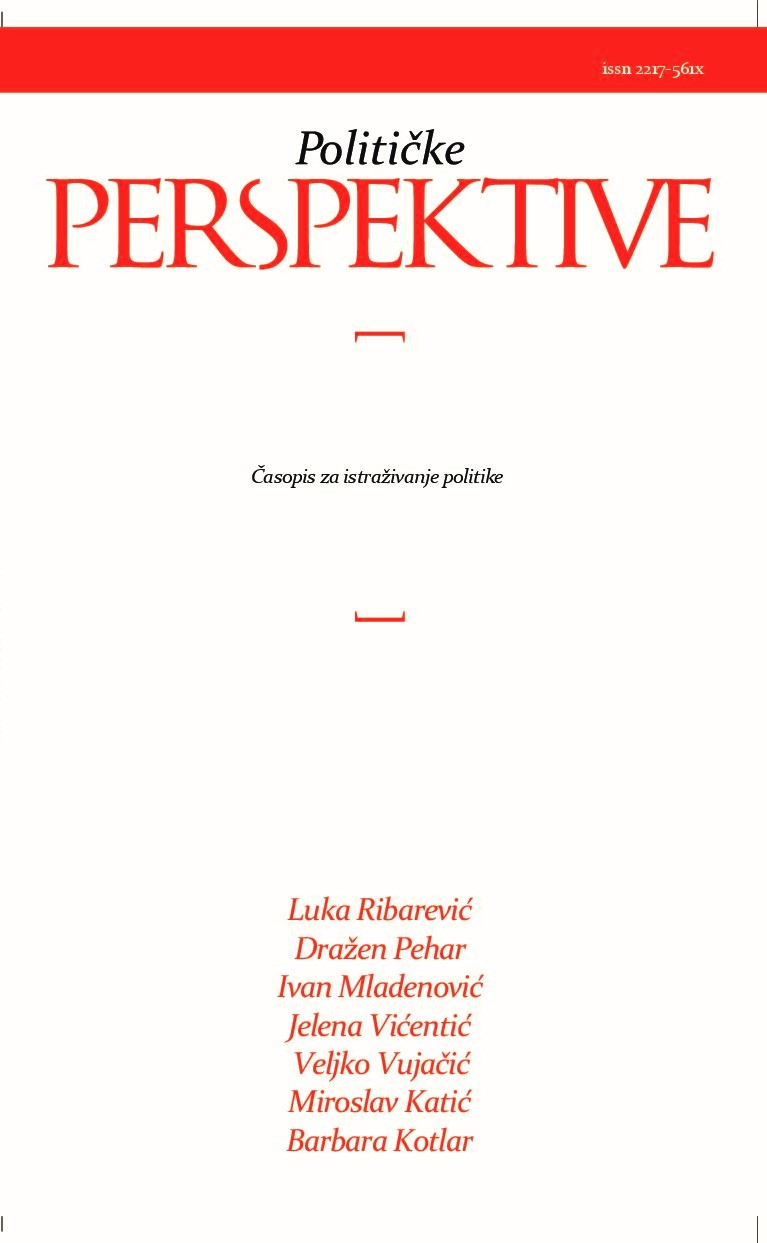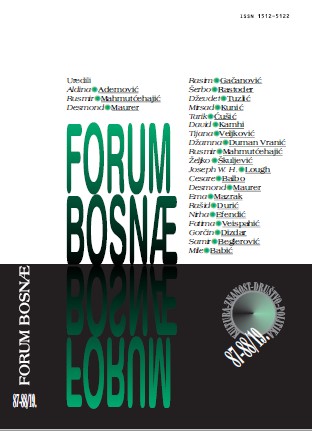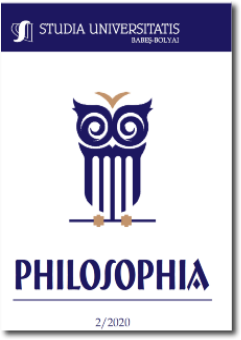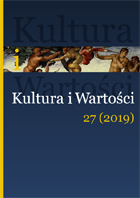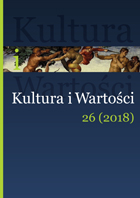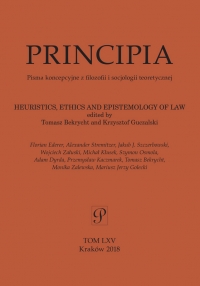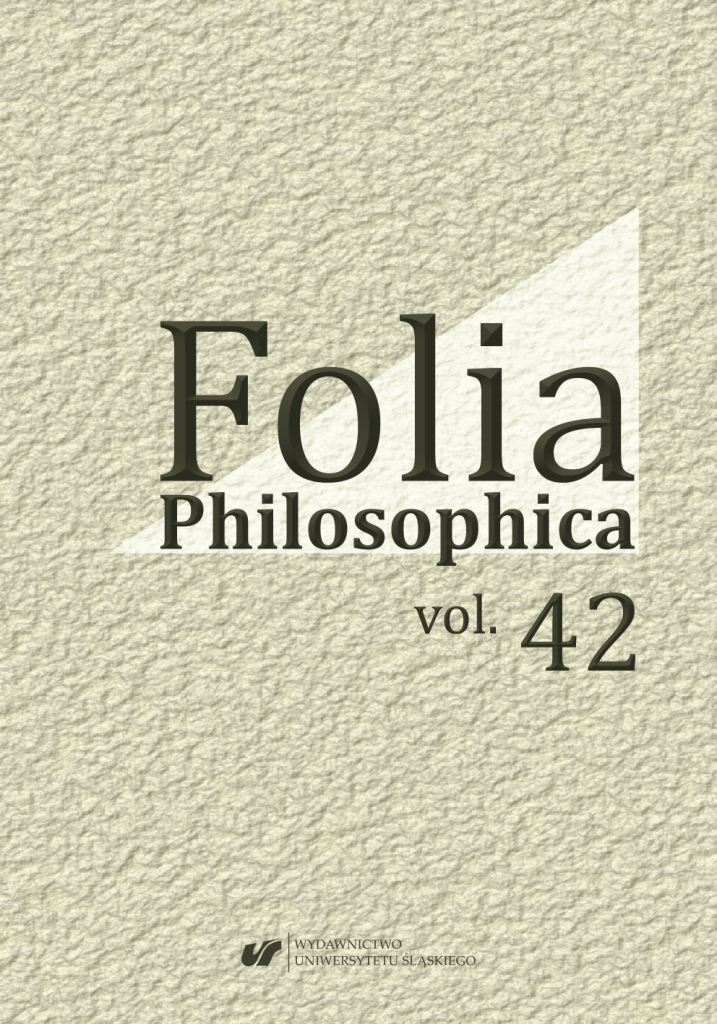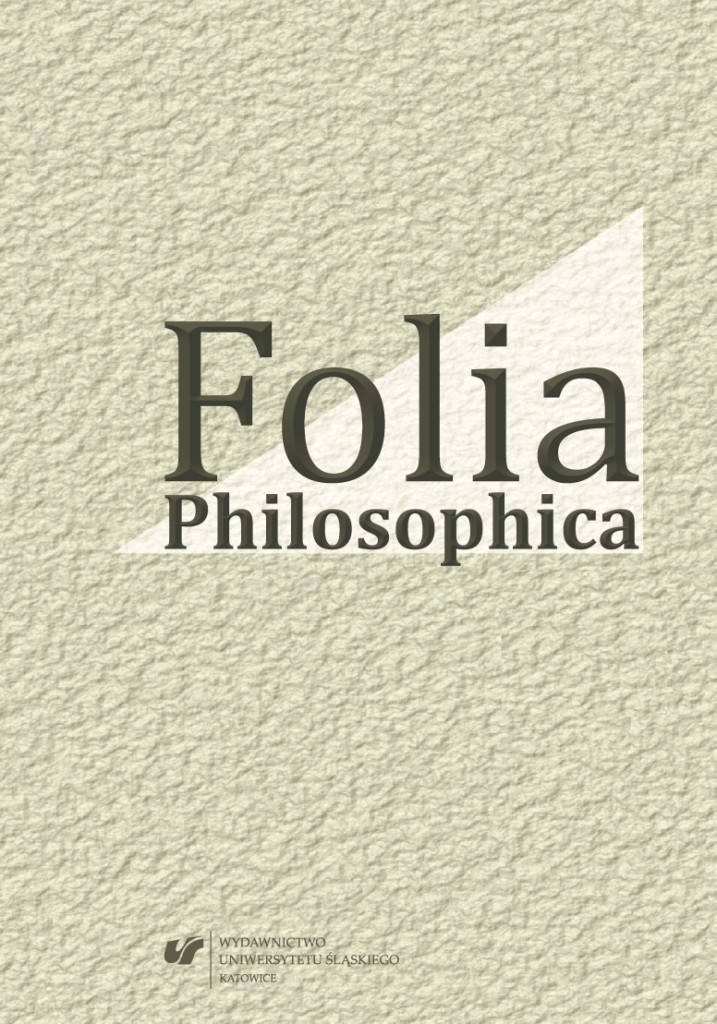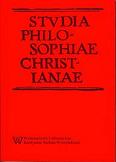
Augustine’s Socratic method
The article discusses a seldom investigated problem of Socrates’s influence on Augustine’s intellectual development. It is shown that Augustine started with an intense use of the Socratic method utilizing its elenctic and maieutic questioning to expose the truth hidden in the soul. Also, just as the Socratic method led to ontological developments in Plato and Plotinus, it led Augustine to the development of his Christian ontology.
More...
